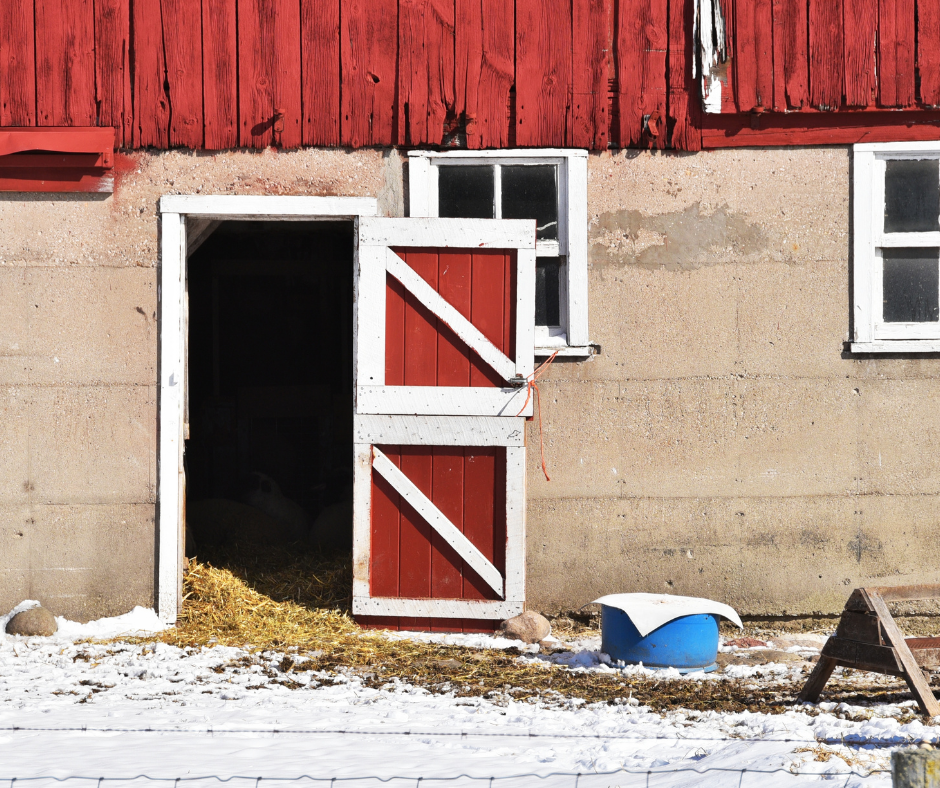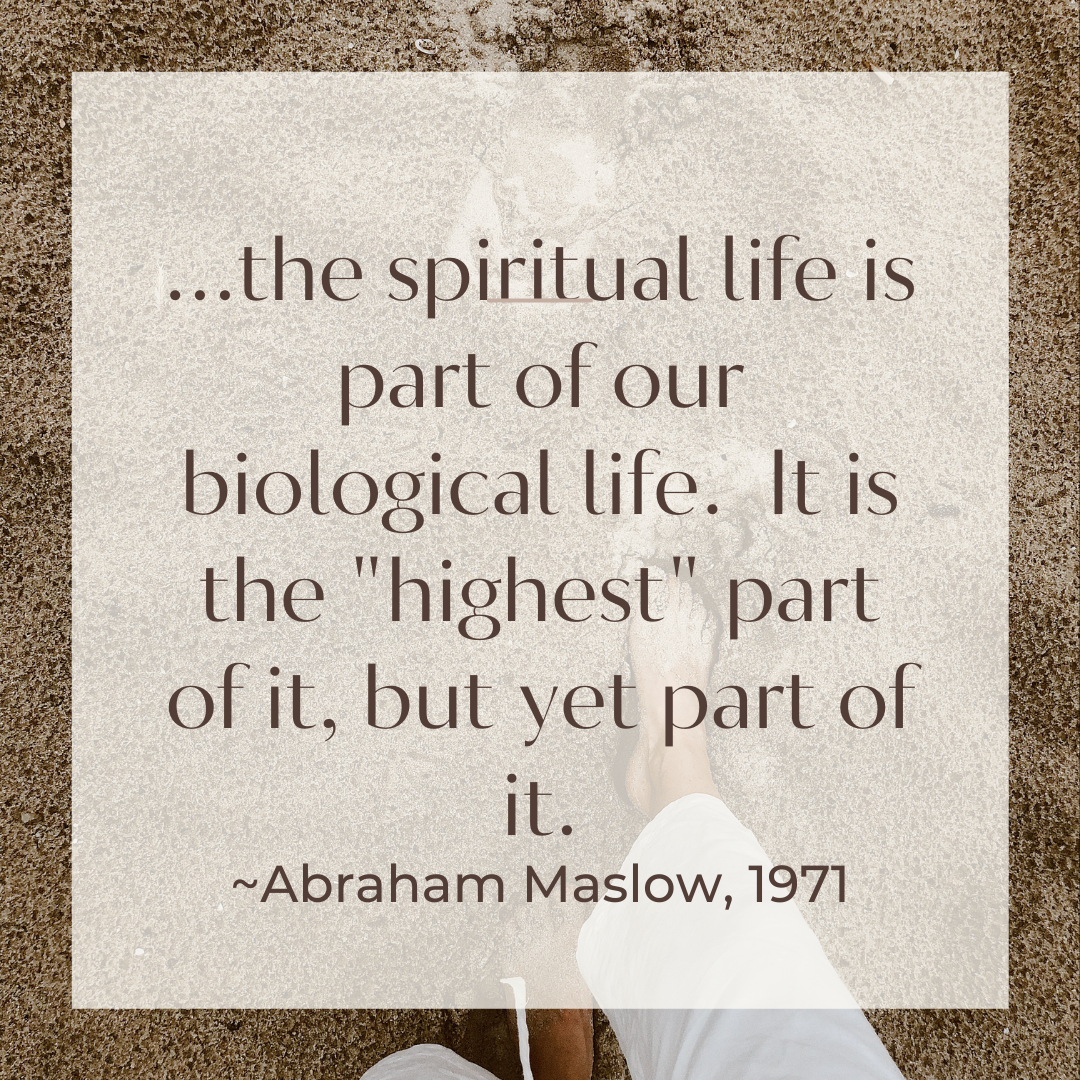Does Your Workplace Need A Climate Change?

A recent McKinsey report* showed that around 40% of respondents were at least somewhat likely to change jobs in the next 3-6 months. The numbers are no longer surprising as we have been seeing it all play out in what has been called “The Great Attrition”, “The Great Reshuffle” or what could be better described as “The Great Existential Exit”. Clearly people are putting a lot more value on their time, their home and personal lives and demanding more of employers. In response, employers are working on their “employer brand” and trying to offer more flexibility. Job postings that offer remote working are getting huge numbers of respondents. But isn’t this closing the gate after the horse has bolted?

Employers need to be engaging at a much earlier stage of an employee’s decision making timeline – and by “engaging” I mean “listening”. Every one of us has a different story to tell, different problems, different life stages, different hopes and dreams for ourselves and different reasons for thinking about leaving. This is where an organisation’s “Spiritual Climate” comes into play.
Over the past decade or more, the world of work has come a long way in addressing and encompassing mental health and the psychological life of people. In large organisations, there are quiet rooms, ambient music areas, prayer rooms and walking circuits. These developments were a big step in the right direction for those who could afford such changes. But changing the Spiritual Climate of a workplace requires much deeper work.
In his famous hierarchy of needs Abraham Maslow spoke about our need to first meet our most basic physiological needs – or what he called “Deficiency Needs” – the need for food, water, sleep, and then safety, a roof over or heads etc. When these are fulfilled, he said, we look for “Growth Needs” such as love and belonging, esteem and finally self-actualisation. Most people think of self-actualisation as the pinnacle of self-development – the achievement of knowing ourselves and living a life that is true to our strengths and values. But later in his life, Maslow wrote about the next level of his hierarchy – “Transcendence”. This level is like the eruption outwards of the “Volcano” of the hierarchy. Up to this point, fulfilment of the needs have been to the benefit of ourselves, the individual. But in “Transcendence” we connect to something outside of ourselves, greater than ourselves which may or may not include a divinity.

So often people who have completed a mindfulness course ask me if it is bad to have ego – shouldn’t we just be dissolving the ego and “blending” with the cosmos, or the aggregate of us all? Certainly, different faith traditions have different answers to this question. But my answer is that we all have the wonderful and exciting challenge over the time given to us to become the best versions of ourselves so that we can become pillars holding up the collective good. This Greater Good, be it a more compassionate workplace, increased diversity, decreasing poverty, a focus on peace – all of these noble goals depend on and must be built and upheld on each of us as individuals. And that’s what we want to get from work and work can give it to us. It’s a great place to get it. That sense that “I matter”, “What I do matters”, and “I have a role in building the Greater Good”.

Growing our Spiritual Capital at work will see “Stress Management” training being replaced by “Compassion Education” programmes. There will be a new focus on responsibility so that alongside the rights of every individual will come a new sense of responsibility. Up to now, the onus to manage stress has always been on the individual who is suffering. In a spiritually healthy climate, each of us will become conscious of the stress that we might be putting on others through excessive workloads, meaningless work, causing fear in others, creating a low mood or unsupportive atmosphere, micro-management and a multitude of other ways. This sense of responsibility will add meaning to our lives by showing us the impact we have on others, the organisation as a whole and the world at large. Our role in the world will become visible to us and extend far further than any mere job description. We will become not only citizens of our organisations but active citizens of the world, playing our part towards building the greater good. There is no better place to start than where we stand.
- McKinsey Quarterly, April 12th, 2022








